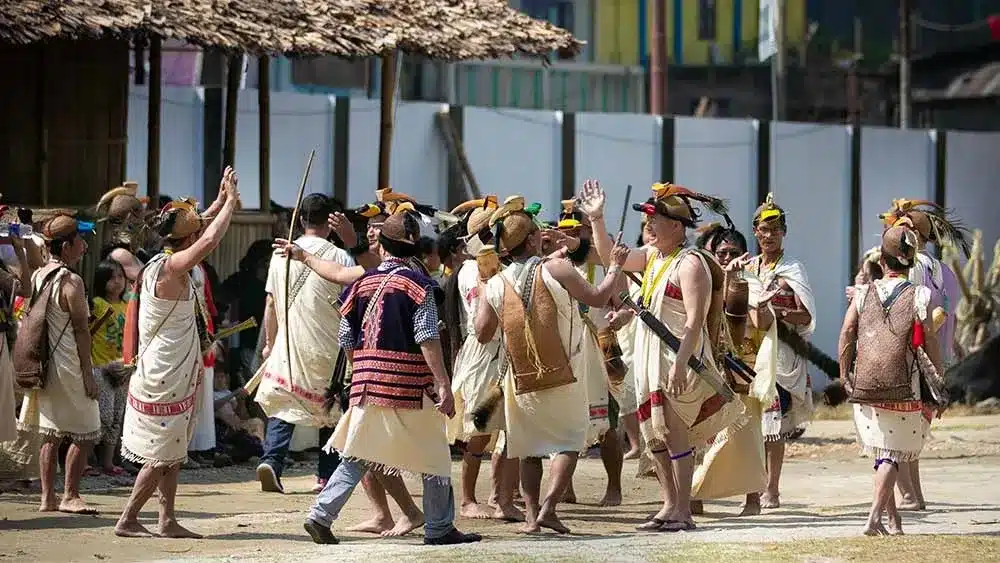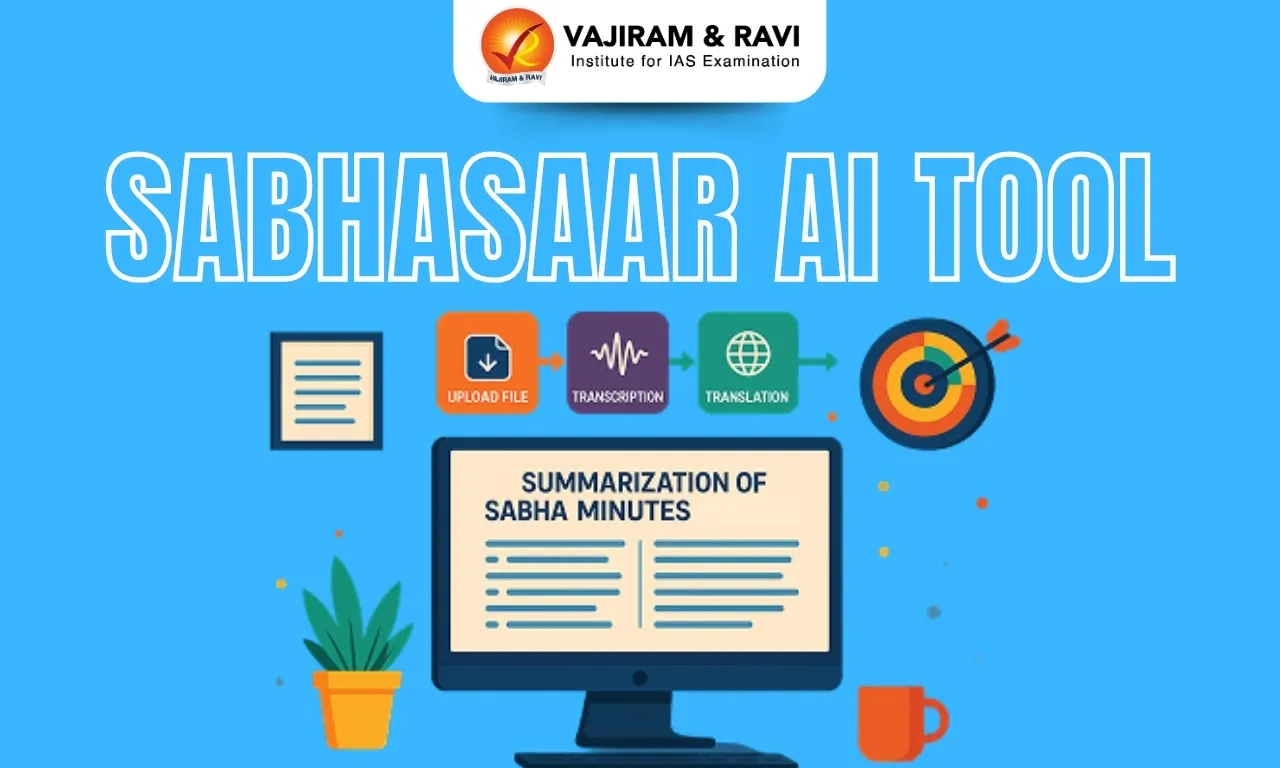About Nyishi Tribe:
- The Nyishi are the largest ethnic group in Arunachal Pradesh.
- In Nishi, their traditional language, Nyi refers to “a man” and the word shi denotes “a being”, which combined together refers to a civilized human being.
- The Nyishi language belongs to the Sino-Tibetan family; however, its origin is disputed.
- Geographical Distribution:
- They are concentrated in eight districts of Arunachal Pradesh, East Kameng, Pakke Kesang, Papum Pare, Lower Subansiri, Kamle, Kra Daadi, Kurung Kumey, and Upper Subansiri.
- They also live in Sonitpur and the North Lakhimpur district of Assam.
- Their population of around 300,000 makes them the most populous tribe in Arunachal Pradesh, closely followed by the combined tribes of the Adis and the Galos, who were the most populous in the 2001 census.
- The Nyishi support themselves with slash-and-burn agriculture and hunting and fishing.
- Along with agriculture and allied activities, the Nyishis are experts in handicrafts such as weaving, cane and bamboo works, pottery, blacksmith, wood carving, carpentry, etc.
- Religion:
- According to the 2011 Census, Nyishi follows Christian (31%), Hinduism (29%), and many still follow the indigenous Donyi Polo.
- Donyi means the Sun, and Polo means the Moon, which are revered as the Ayu Donyi (Great Mother Sun) and Atu Polu (Great Father Moon).
- Festivals:
- The Nyishi celebrates three major festivals, namely, Boori-Boot (February), Nyokum (February), and Longte (April).
- They celebrate and pleases the gods and goddesses for a good harvest, health, wealth, and prosperity.
- Polygyny is prevalent among the Nyishi.
- They trace their descent patrilineally and are divided into several clans.
- One striking feature of Nyishi society is that it is neither based on a caste system nor stratified into classes, except for a loose type of social distinction which is not determined by birth or occupation.
- Nyishis consider women the source of peace, progress and prosperity. According to them, the importance status of women increases and binds through an established ‘reciprocal marital exchange’ system in the society.
Q1: What is the Sino-Tibetan family of languages?
The Sino-Tibetan language family includes early literary languages, such as Chinese, Tibetan, and Burmese, and is represented by more than 400 modern languages spoken in China, India, Burma, and Nepal. It is one of the most diverse language families in the world, spoken by 1.4 billion speakers.
Source: From 22 yards to top of the world: 1st woman from Arunachal’s Nyishi tribe scales Everest
Last updated on August, 2025
→ UPSC Mains Admit Card 2025 has been released on 14th August at www.upsc.gov.in.
→ UPSC Mains 2025 will be conducted on 22nd August 2025.
→ UPSC Notification 2025 was released on 22nd January 2025.
→ UPSC Calendar 2026 is released on 15th May, 2025.
→ UPSC Prelims Question Paper 2025 and Unofficial Prelims Answer Key 2025 are available now.
→ UPSC Prelims Result 2025 is out now for the CSE held on 25 May 2025.
→ The UPSC Vacancy 2025 were released 1129, out of which 979 were for UPSC CSE and remaining 150 are for UPSC IFoS.
→ UPSC Prelims 2026 will be conducted on 24th May, 2026 & UPSC Mains 2026 will be conducted on 21st August 2026.
→ The UPSC Selection Process is of 3 stages-Prelims, Mains and Interview.
→ UPSC Result 2024 is released with latest UPSC Marksheet 2024. Check Now!
→ UPSC Toppers List 2024 is released now. Shakti Dubey is UPSC AIR 1 2024 Topper.
→ Also check Best IAS Coaching in Delhi















